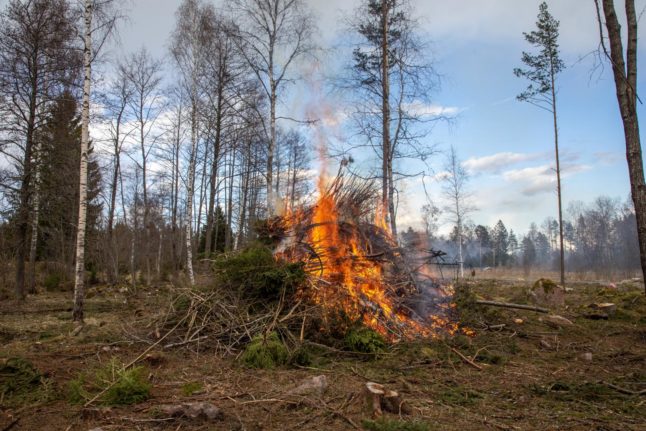All Sweden's major parties have agreed that migration law needs an overhaul, and last year a Migration Committee, with representatives from all eight parliamentary parties, was set up to explore exactly how this should be done. But talks broke down this week – just weeks before a proposal was set to be presented.
Instead of a comprehensive proposal for an overall new migration policy, the committee will now instead put forward separate proposals for new laws in the area of migration, wherever there is a parliamentary majority.
The proposals may include temporary residence permits, protection on humanitarian grounds, rules for bringing a partner to Sweden and requirements around income levels and household size – important legislation that will affect people who want or need to move to Sweden, as well as many current residents.
Gathering enough votes may take different forms depending on the exact proposal. The Social Democrats and Green Party, as well as the Centre Party, Liberals and Left Party for example support a new rule for protection on humanitarian grounds in principle, but the conservative Moderates do not.
But temporary residence permits for asylum seekers (rather than permanent) are backed by among others the Social Democrats and the Moderates.
Because the ruling Social Democrats and opposition party the Moderates – the two biggest parties in parliament – failed to agree on a comprehensive plan, it means several of the latter's individual proposals will not be put forward by the committee (the Moderates would in theory still be able to put them to parliament on their own).
Some of the proposals that will not be included therefore include a 'volume target' (a proposed cap on the number of asylum seekers who can enter Sweden each year), a qualification process for certain welfare benefits, and new measures to make people who have received a deportation notice leave the country.
What's going to happen next?
The Migration Committee is set to decide on its final report by July 23rd, and present it to the government by August 15th. The next likely step is that the government sends the proposals out for a consultation round, after which it may decide to put them to parliament for a vote. Only after that would there be a law change.
The idea is that the proposals put forward by the committee should in theory have as much support in parliament as possible, but tough negotiations are still expected before the government takes the proposals to parliament for a final vote. The Social Democrat-Green coalition would first have to agree on the details, but the minority government would also have to secure enough support for a majority vote in parliament.
The current temporary law, which was introduced back in 2016 after Sweden received record numbers of migrants, refugees and asylum seekers during the crisis of the autumn before, is set to run out next summer. The goal is to replace it with a permanent policy – which may look similar or different – before it expires.



 Please whitelist us to continue reading.
Please whitelist us to continue reading.
Member comments